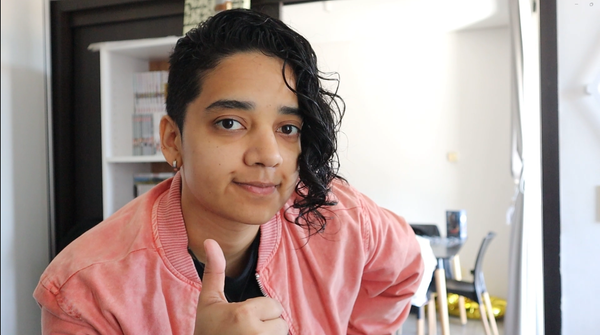This is why you're scared of trying new things - The Spotlight Effect

If you are anything like me, you avoid going to clubs because you don’t like dancing, and it’s not so much so that you don’t like dancing but you feel like you look silly doing it and you don’t want others to think that you’re ridiculous. Or when you’re out with your friends at a karaoke bar you don’t sing any songs because you feel like your singing skills are terrible and you don’t want to embarrass yourself no matter how much you ACTUALLY want to sing. Maybe an even smaller thing would be that you really like a TV show and you’re afraid of sharing that with your friends because you don’t want people to call you a geek or mock you for caring about something as silly as a TV show.
And no, I am definitely NOT talking about the fact that I like anime and people will call me an otaku if they find out.
But what would you say if I told you that you can actually go ahead and do all of those things that you usually hold yourself back from doing because… people actually don’t care?
There is also a Youtube video about this, so feel free to check it out for an even more detailed opinion of each of the things mentioned here:
Today, I want to talk a little about why every one of us has, at some point or another, refrained from trying something new or doing something we enjoy because of what other people might think. This might not even be something that you realize that you do, but whenever you think to yourself that can’t do or say something because of what other people might think, what you’re not seeing is that other people are actually too caught up in their own world to really have an opinion about you. The reason this happens, and why we can’t see that people aren’t really paying attention to us is because of this little thing called the spotlight effect.
The concept known as the spotlight effect in behavioral science refers to a cognitive bias that describes how people tend to believe that others are paying more attention to them than they actually are—in other words, our tendency to always feel like we are “in the spotlight.” I first came across this concept in a Youtube video by one of my favorite YouTubers, Ali Abdaal, and I thought that it was super interesting as it really illustrated for me why I kept asking myself “what will people think if I actually start making youtube videos? They will surely make fun of me because who do I think I am making these videos to begin with? No one will care about what I have to say and they will think that I am making a fool of myself”.
But it turns out? That no one actually cared that I started making these youtube videos, and those who did find out one way or another, had nothing but positive things to say about them, so all that time that I spent worrying about how others would perceive me, was just wasted time that I could have spent doing the thing I wanted to do in the first place.
So, I want to talk a little about:
- What exactly is it and where does the spotlight effect usually come into play?
- Why does it happen?
- And what can we do to prevent it from controlling our lives and decision-making process?
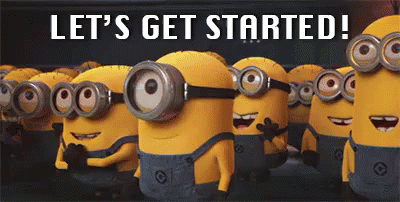
So what exactly is The Spotlight Effect, and when do we tend to feel it the most?
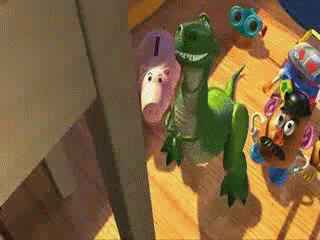
So we already said that the spotlight effect is a cognitive bias that describes how people tend to believe that others are paying more attention to them than they actually are. We tend to believe that people will remember if we have a bad hair day in the middle of a presentation, if we are wearing our pajamas in a work meeting, or if we have something in our teeth when we first meet them when the reality is that people probably won’t remember any of that stuff.
But what exactly is a cognitive bias? I first came across this term when listening to the book Think Big by Dr. Grace Lordan, where she talks about the steps we can take if we want to make a shift in our career path. In this book, she gives her readers actual action steps based on different behavioral science insights that allow the reader to understand themselves a little better and how to make long-lasting and successful changes.
In the book, she defines cognitive biases as errors in our thinking that happen because our brains try to simply the world for us and make decisions quickly. And the spotlight effect is one of a group of cognitive biases known as the “egocentric biases”. Which, as you might have guessed, are a group of biases that play to our very own self-awareness and egocentric tendencies. But this is not because all of us are a bunch of self-centered asshats, this tends to happen because we are, more than anything, exposed to our own thoughts and opinions on a day-to-day basis.
So let’s recap:
- We are, more than anything, exposed to our own thoughts and points of view
- We are, for the most part, hyper-focused on ourselves and how we come across
- Our brains make mistakes when trying to make quick decisions and make the world easier to understand
When you put all of these things together, THAT’S when you get the spotlight effect making you feel self-conscious about wearing a bring yellow t-shirt when you’re going out to the mall, or when you’re thinking back on something stupid you said last week when you were kind of drunk in the middle of a gathering with your friends, believing they must all think you’re stupid now, when in reality, no one even remembers because THEY were kind of drunk too.
Why does it happen?
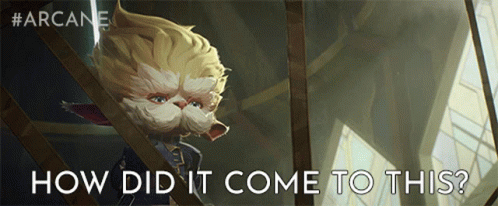
As we mentioned before, this happens because of those cognitive biases known as the “egocentric biases”, which cause us to look at the world through a bit of a distorted lens. We tend to take our own thoughts and perspectives as the main foundation for the way we evaluate and interact with the world without taking into account that everyone else is doing the same thing, and because our brain tries to simplify the world for us and help us make decisions and judgments more quickly, we tend to make the wrong ones. We believe that everyone else is just as aware of ourselves as we are when that’s not usually the case.
Don’t get me wrong, some people might be paying attention, what I’m saying is that we tend to greatly overestimate how much attention they are actually paying.
In a study that was conducted around the early 2000s researchers asked a group of college students to wear highly embarrassing t-shirts when doing a random task in the same room as other people. After everything was done, researchers asked the people wearing the t-shirts how many people they thought had noticed their t-shirts in the first place, and they estimated that about half of the room had noticed. In reality? Only a QUARTER of the people in the room had even noticed. But when they were asked to watch a recording of them completing the task in the room and guessing how many people had noticed the t-shirts, they had a closer estimate of reality, of about a quarter of the people, noticing. This kind of makes you see that when you are in the middle of a situation you tend to overestimate how much people will pay attention to you, but being on the outside looking in you can better determine that… almost no one is actually looking.
What can we do to avoid being controlled by the spotlight effect?
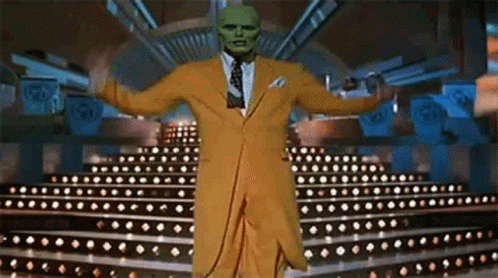
While I am not an expert at this, ever since I came across this concept I have tried to keep it at the forefront of my mind whenever I am about to do something and the first thought that comes to my mind is: “What are other people going to think?”, because honestly, even if they did think anything of it, as long as I am not hurting anyone else or myself, who cares about what other people have to say? But it also helps to have something a little bit more tangible to practice than that. So here are some examples of exercises that you can start to help you overcome the spotlight effect and other egocentric biases:
- Ask yourself what you would do if the roles were reversed.
This really works for me when I think that people might judge me for something that I am thinking about doing. Because a lot of the times I think people will have a bad opinion about the silliest things, like making these videos for example. In reality, most of the people out there are genuinely happy to see when others are enjoying their lives by doing things they like, even if those are things they are not interested in. And if it turns out there s actually someone out there who is not happy for you, why would you choose to give them any time and energy?
- Distance yourself from the situation.
As shown in the study mentioned before, we tend to have a clearer view of things when looking at a situation from the outside looking in. When you find yourself overly focused on possible mistakes that you made and how many people must be judging you for it, or even on the positive side of the spectrum when you’re considering how much you actually accomplished at a given time or for a particular project that you set yourself out to complete, distance yourself from the situation and pretend that it’s not you who you are thinking about, but someone else. What would you say to that person?
Something that also works that I took from another YouTuber that I like, Struthless, is to pretend that you are talking to yourself as a kid. You as a kid is still someone else, it’s a faraway character that you no longer have access to, but what would you do and how would you act towards yourself as a kid? Probably nicer than you are to yourself right now, and a lot more objectively, maybe.
- Become more self-aware of this bias, and as a result, of yourself
This is a bit of a mind dump but, because we are very self-aware we tend to focus only on ourselves and our opinions. BUT, by being AWARE that we do this, acknowledging that we only have these opinions or ideas that people are hyper-focused on our actions and care a lot because our brains make mistakes when evaluating the world, will help us look at a situation and understand it better. It will not eliminate the fact that we will feel a bit anxious in certain given moments, but it will help us realize that it’s most likely not as big of a deal as we think it is, and give us the opportunity to push forward.
This is something that I have been thinking about for quite some time as I started this journey of putting myself out there more often online and I feel like it’s something that maybe happens to everyone in one way or another, and I find it that directly hearing it from other helps you see it in your life as well when you relate it to things in your life.

